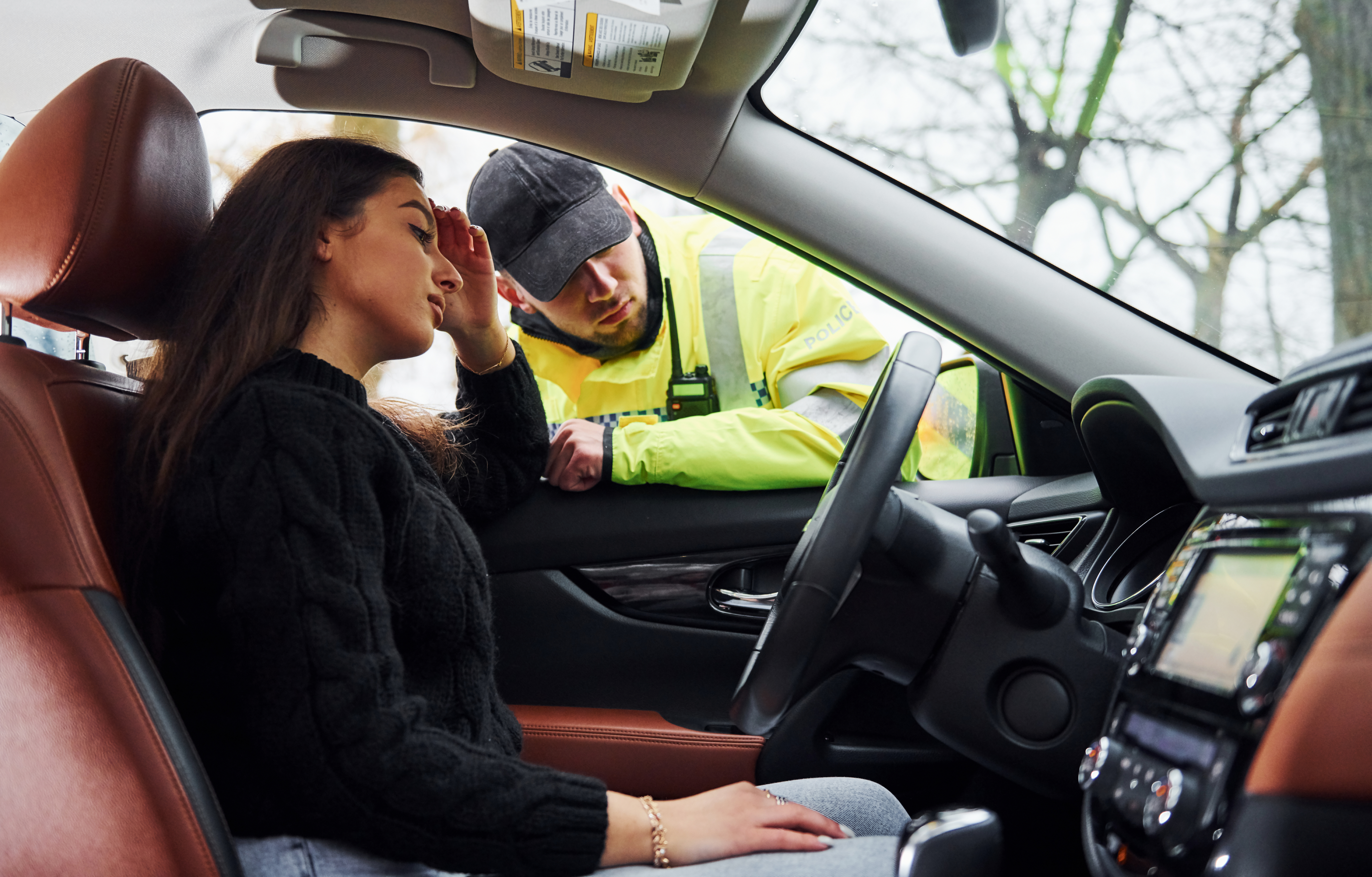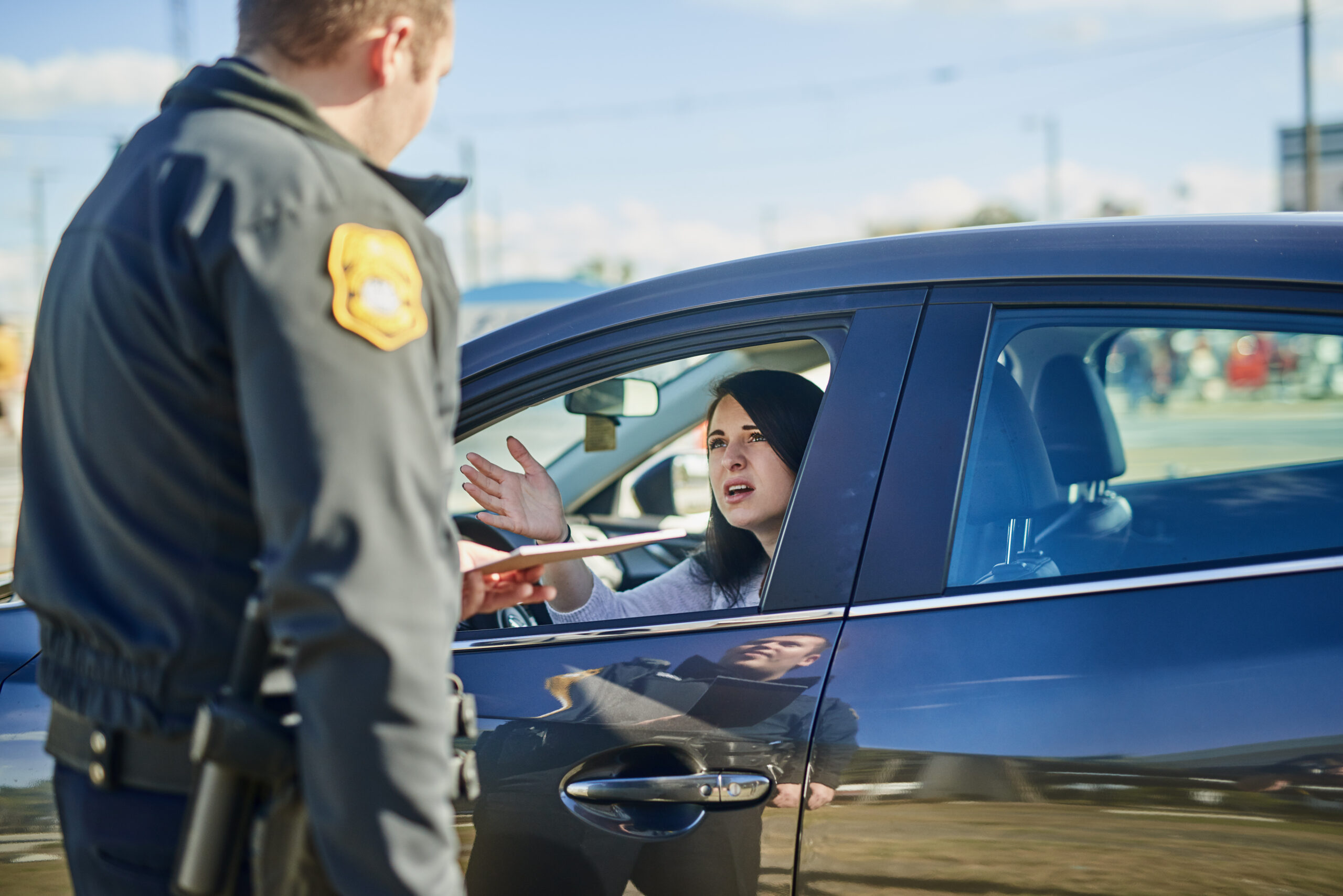Your Rights During a Police Stop: What You Need to Know
Getting pulled over by the police or stopped on the street is one of the most nerve-wracking experiences anyone can go through. Whether it’s a simple traffic stop or a more serious encounter, the situation can escalate quickly if you don’t know your rights—or worse, if those rights are violated.
At The Win Law Firm, we want to make sure you walk away from any encounter with law enforcement not just physically safe, but also legally protected. So let’s walk through everything you need to know about your rights during a police stop—and what to do if things go wrong.
Why Police Can Stop You in the First Place
Law enforcement cannot randomly stop people without reason. In most cases, police need reasonable suspicion—a legal standard that means they have specific, articulable facts to believe you are involved in criminal activity.
Types of Police Stops:
1. Traffic Stop
A police officer can pull you over if they observe a traffic violation (speeding, expired plates, etc.) or have reasonable suspicion that you’re committing or have committed a crime. This is the most common type of stop.
2. Stop-and-Frisk (Terry Stop)
If you’re on foot and an officer suspects you’re armed or engaged in illegal activity, they can briefly stop and pat you down (only the outer clothing) to check for weapons. This comes from the Supreme Court case Terry v. Ohio, which introduced the concept of a limited “frisk” for officer safety.

What You Legally Must Do
Once stopped, here’s what you’re legally required to do—nothing more, nothing less.
If You’re in a Vehicle:
You must provide:
- Driver’s license
- Vehicle registration
- Proof of insurance
These documents verify your legal authority to drive and own the vehicle.
If You’re On Foot:
In many states, you may be required to identify yourself if an officer has reasonable suspicion and asks for your name. However, you don’t have to answer other questions.
If you’re unsure whether you’re required to identify yourself in your state, you can calmly ask:
“Am I being detained, or am I free to go?”
Your Right to Remain Silent
One of the most powerful rights you have is your right to remain silent, protected by the Fifth Amendment. You are never required to answer questions like:
- “Where are you headed?”
- “What are you doing here?”
- “Do you know why I pulled you over?”
While you must identify yourself and provide documentation, you can decline to answer all other questions by stating:
“I’m invoking my right to remain silent.”
Pro tip: Don’t just stay silent without saying that—you need to assert your rights clearly.
Can the Police Search You or Your Belongings?
This is where a lot of confusion—and unlawful behavior—tends to happen. So let’s break it down.
If You’re on Foot:
- Police can frisk your outer clothing if they suspect you’re armed.
- They cannot go through your pockets, backpack, or phone unless:
- You give consent, or
- They have probable cause, or
- You are being arrested
If You’re in a Car:
- Officers can look through the windows or around the vehicle (this is called a “plain view” search).
- They cannot search your car without one of the following:
- Probable cause (they smell drugs or see something illegal)
- Your consent
- A search warrant
- You’re being arrested, and the search is part of the booking process
What You Should Say:
“I do not consent to a search.”
This one sentence could be critical later if charges are filed based on evidence obtained unlawfully.
Miranda Rights: When Do They Kick In?
TV and movies have made us believe police must always read you your rights. That’s not true.
Police are required to read your Miranda Rights only when:
- You’re in custody (not free to leave), and
- They’re interrogating you
If you’re handcuffed and questioned but not read your Miranda Rights, anything you say may be inadmissible in court. This protection is rooted in the Fifth Amendment and ensures you don’t incriminate yourself unknowingly.
You Have the Right to Record
In most states, including Missouri, you have the legal right to record police officers in public places. This includes during a traffic stop, as long as:
- You’re not interfering with their duties
- You’re not reaching for the camera aggressively
- You’re not obstructing the investigation
Recording can be your best defense if things go sideways. Just let the officer know you’re recording for your protection.

What You Should—and Shouldn’t—Do During a Police Stop
Here’s your cheat sheet for handling any stop with confidence.
✅ Do:
- Stay calm and polite
- Keep your hands visible at all times
- Comply with lawful requests
- Ask if you are free to leave
- Record the interaction if safe to do so
- State that you do not consent to searches
- Say you want a lawyer if questioned
❌ Don’t:
- Run or flee the scene
- Lie about your identity
- Argue or raise your voice
- Physically resist, even if you’re in the right
- Consent to a search thinking it will “make things easier”
Even if officers act improperly, it’s better to remain calm and fight the issue in court—not on the street.
What to Do If You’re Arrested
If you are arrested during or after a stop, invoke two rights immediately:
- Right to remain silent
- Right to an attorney
You should say:
“I am invoking my right to remain silent and I want to speak to a lawyer.”
Do not answer questions or try to explain your way out. Even small admissions can be used against you in court.
Real-Life Example: When a Routine Stop Becomes a Legal Battle
Let’s say you’re pulled over for a busted taillight. The officer asks to search your trunk. You say no. He does it anyway, finds a bottle of prescription pills, and charges you with illegal possession.
If you didn’t consent, and there was no probable cause or warrant, that search may be unconstitutional—and the evidence could be thrown out.
We’ve handled cases just like this at The Win Law Firm. In many instances, we’ve successfully argued to suppress evidence, leading to charges being dropped entirely.
The Win Law Firm: Your First Call When Rights Are Violated
At The Win Law Firm, we don’t just defend—we fight. Our legal team is experienced in unlawful stop and search cases, and we’ve helped hundreds of clients stand up to wrongful arrests, excessive force, and unconstitutional detentions.
We analyze every second of the stop: the dashcam footage, bodycam video, police reports, and eyewitness testimony. We find the cracks. We hold law enforcement accountable.
Our firm handles:
- Unlawful traffic stops
- Wrongful arrests
- Illegal searches and seizures
- Civil rights violations
- Criminal defense for charges following a stop
Why You Need a Lawyer—Even If You’re Innocent
Many people think, “If I didn’t do anything wrong, I don’t need a lawyer.”
But that’s not how the legal system works.
Even minor traffic stops can lead to serious consequences:
- License suspension
- Criminal charges
- Immigration issues
- Loss of employment
- Jail time
Having an experienced attorney by your side ensures your rights are protected at every step.
Final Thoughts: Don’t Guess Your Rights—Know Them
Police encounters are high-stress and unpredictable. But knowledge is power.
You don’t need a law degree to stand up for yourself—you just need to know the basics:
- You can stay silent
- You don’t have to consent to a search
- You have the right to a lawyer
- You can walk away if not being detained
And most importantly—you don’t have to go through it alone.
Contact The Win Law Firm Now for a Consultation
Were your rights violated during a police stop? Were you searched or arrested without proper cause? Let us help you fight back.
The Win Law Firm is here to defend your rights, your freedom, and your future. Contact us today.
